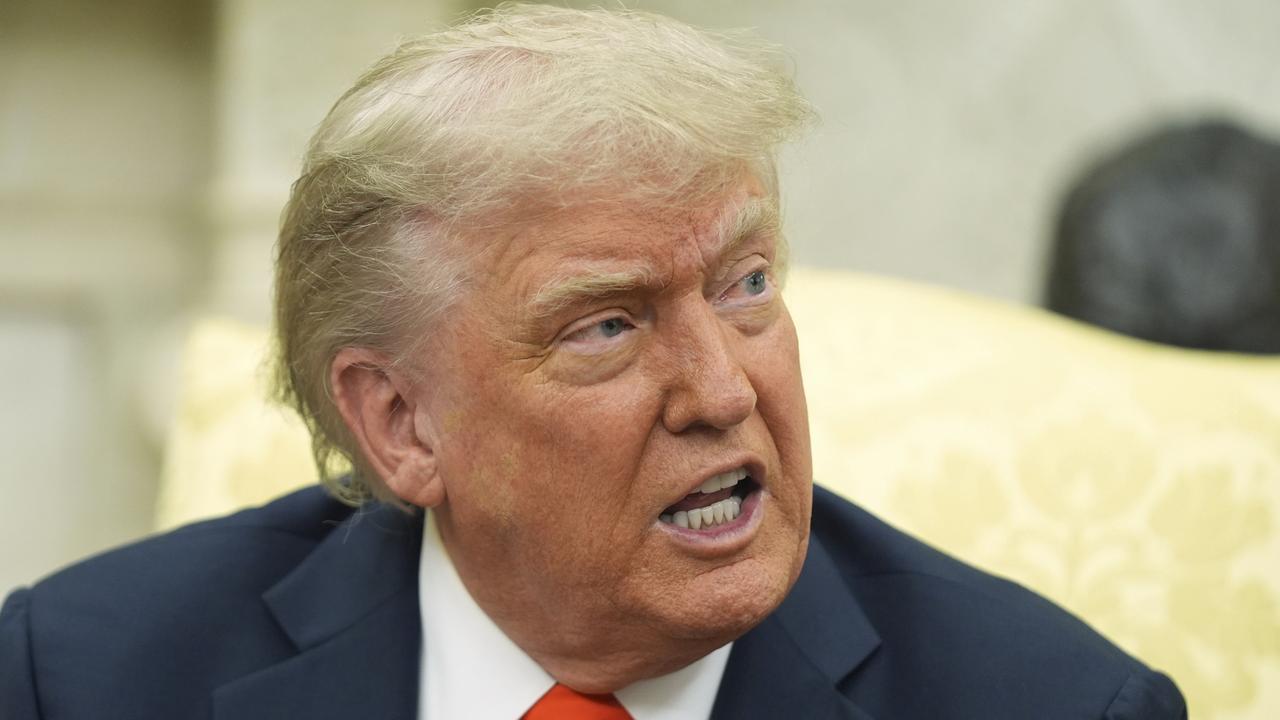Teacher shortages hit four-year low, but schools struggle to fill roles ahead of term one
While teacher vacancies have reached a new low, schools are still struggling to fill hundreds of roles ahead of the first day of term, and Western Sydney has been hit hardest.
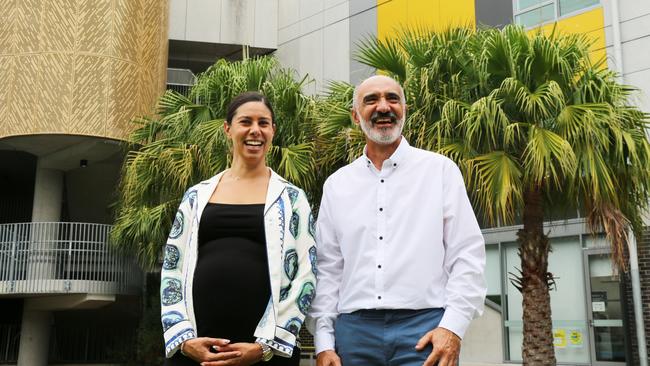
Education
Don't miss out on the headlines from Education. Followed categories will be added to My News.
Teacher vacancies have hit a four-year low across the public system, falling by nearly half since 2023, but schools are still scrambling fill nearly 1300 roles ahead of the first day of class.
New figures from the NSW Department of Education show there were 1294 vacant teaching positions as of January, a 40 per cent reduction from 2152 vacancies at the same time in 2023.
The sector’s vacancy rate now sits at 2 per cent, down from 3.2 per cent two years ago, and nearly 2000 schools are either fully-staffed or are missing only one teacher.
Schools in Western Sydney are still finding it harder than those in the northern and eastern suburbs to ensure a qualified teacher is in front of every class, with 247 vacancies across the NSW Department of Education’s 266-school Metropolitan South and West directorate alone.
However, more than 70 teaching jobs have been filled in the South and West zone in the past two years, with schools like Cranebrook High School near Penrith and Chester Hill High School seeing vacancies fall from the double digits to just two.
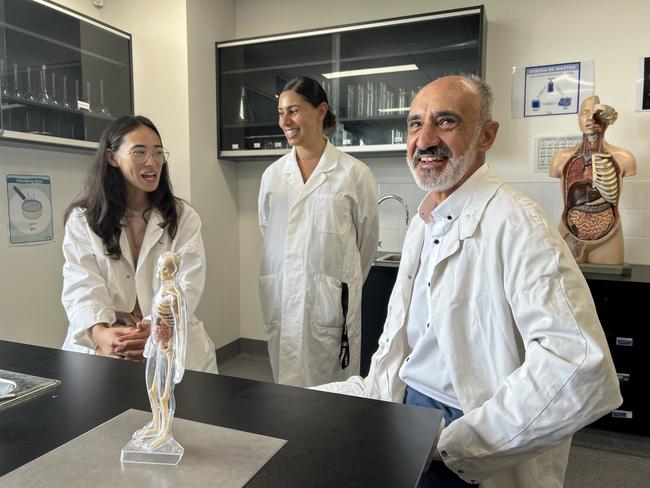
Chester Hill, which was missing 22 teachers in 2022, filled another vacancy as recently as last week, while Cranebrook students are now able to study industrial technology, hospitality and food technology subjects which were previously cut due to the absence of 10 teaching positions.
NSW Premier Chris Minns said the work his government promised to undertake prior to the election to put more teachers at the front of classrooms “doing what they do best” would continue.
“It’s hard to measure the impact that public school teachers have, but I think almost everyone has a teacher they can point to as being an incredible, positive influence on their lives,” he said.
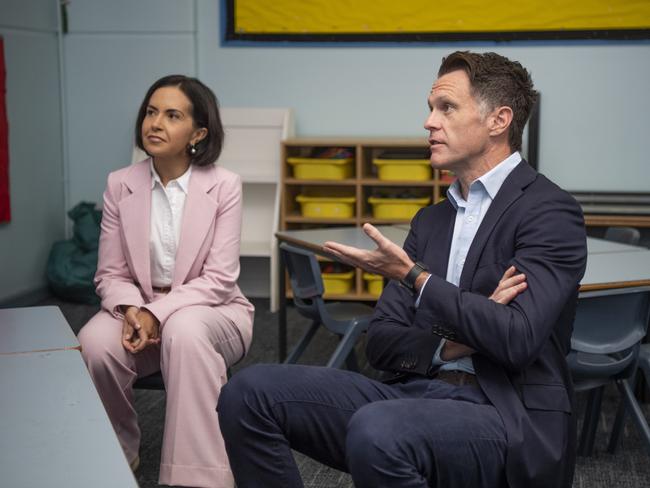
Education Minister and Deputy Premier Prue Car attributed the change to an uplift in teachers’ pay and “valuing” the profession.
“We inherited a teacher shortage crisis from the former Liberal National Government that was leading to thousands of collapsed and merged classes every day,” she said.
“That’s thousands of lost teaching hours every day.
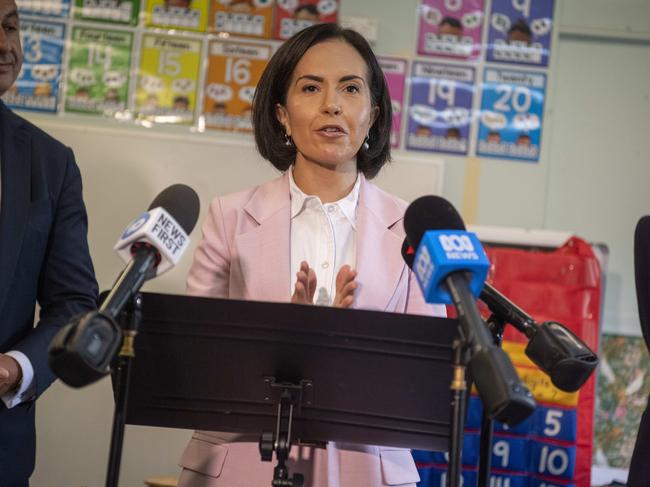
“The massive fall in teacher vacancies shows what you can achieve when you actually listen to our dedicated and hardworking teachers and value the life-changing work they do.”
NSW Teachers Federation president Henry Rajendra welcomed the downward trend but said remaining vacancies mustn’t be ignored, calling on governments to increase public school funding to address the issue.
“Whilst we acknowledge that these figures show that vacancies are tracking in the right direction, for those schools who are impacted, vacant positions make the job so much harder for teachers and for students,” he said.
Schools are seeing the benefit of improved salaries and working conditions, Mr Rajendra said, but “teacher workloads remain a critical factor” that can only be resolved by greater funding.
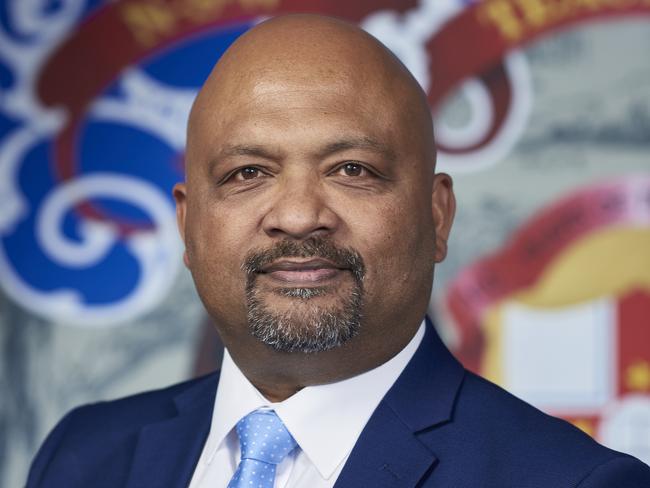
The union has been calling for a reduction in teaching time of two hours per week, and more money would “present opportunities to provide teachers more preparation time, and a reduction in class sizes that will enable more one-to-one support for all students”.
Former education minister Sarah Mitchell described the latest figures as “smoke and mirrors”, accusing the government of fudging the numbers by “shuffling people around and eliminating positions”.
“Schools left struggling to fill roles and get the support they need will be wondering why the Government is celebrating while they continue to suffer with massive workloads, less support staff and slashed school budgets,” she said.
At Alexandria Park Community School in inner Sydney, principal Debra Lade has seen vacancies fall from 14 in 2022 to two for the start of this school year, predominantly filling STEM positions.
“We’ve been really lucky … before, everyone was running around and the kids didn’t have consistency,” she said.
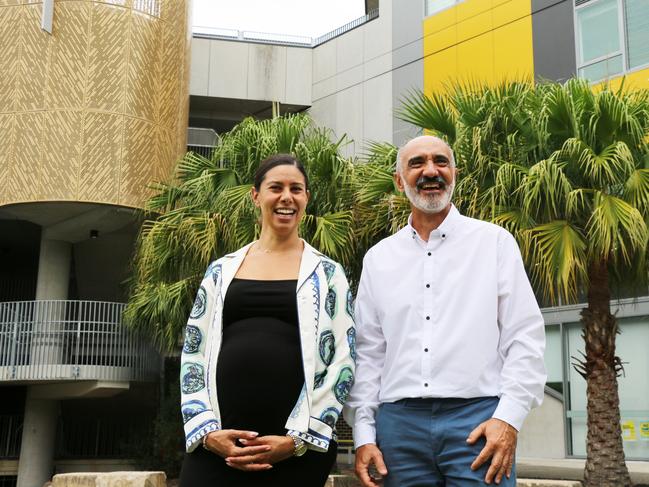
“I was taking Year 7 maths classes – everyone was on a class.”
The addition of science teachers Sheralyn Franks and Emil Andonov last year means the school can offer another HSC science subject – Earth and Environmental Science – this year.
Mr Andonov, an engineer of 34 years who retrained to be a teacher, will take maths and physics in a permanent role after previously having “good and bad days” as a casual.
“It’s definitely better for the children to have a permanent teacher in the room,” he said.
“When they have a casual, they tell me, they feel like they’re falling behind.”
Do you have a story for The Daily Telegraph? Message 0481 056 618 or email tips@dailytelegraph.com.au





